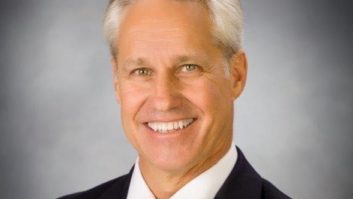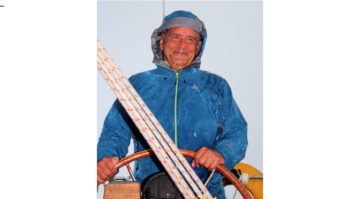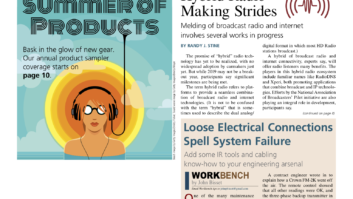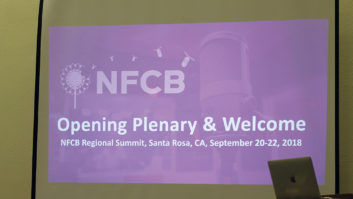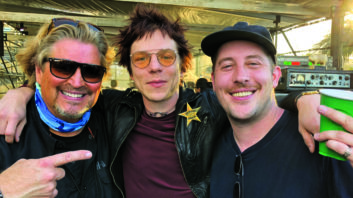
As radio companies look to develop new ideas, one original source of “non-traditional revenue” faces challenges but is going strong. Concerts and events are often vital to radio’s bottom line, sometimes referred to as a station’s “13th month.”
Von Freeman has created profitable — and legendary — events for radio throughout his career, including at KIIS(FM) Los Angeles and now as director of marketing, new business and events for Entercom of south Florida.
“They are all like my children,” he says. “Some grow up and move on to other parents, but still each has a place in my heart.” One of his new events for Entercom, the Riptide Music Festival, has quickly made a name for itself in south Florida.
In Freeman’s opinion, the bigger the brand, the bigger the party. At KIIS, a monster-sized station known for huge personalities like Rick Dees and then Ryan Seacrest, Freeman brought their existing outdoor festival to even larger venues — more seats, bigger stars and lots of sponsorship integrations. But it needed an exciting new name, too.
[GMs: Now Is the Time to Buy Stations]
So Freeman thought back to the first concert festival he attended as a kid. Rebellious rock star Ted Nugent shot a double-barreled shotgun guitar on stage and screamed, “All right, you mother f’ers, Wango Tango!” Years later, “KIIS FM’s Wango Tango” was born.
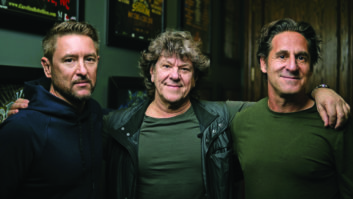
In the years since, concert festivals — some produced by radio stations, some not — have become big business. Tickets to the most famous of them all, the Coachella Music and Arts Festival near Palm Springs, Calif., start at a whopping $429 each. But even more revenue can be generated by the food and beverage sales, merchandise, sideshow experiences and of course, sponsorships.
Finding sponsors that do more than just plaster logos everywhere, actually contributing to the event-goer’s experience, is the goal.
FINGER LICKIN’ DJ?
iHeartMedia SVP of Programming Alex Tear happened to be in attendance at Miami’s Ultra Music Festival recently when KFC’s “Colonel Sanders” mascot ascended on stage to perform as a DJ.
“Almost instantly, the crowd became confused. It was as if their bodies went from being fully energized to unplugged,” says Tear. In their attempt to integrate the brand into the festival in a tongue-in-cheek way, Tear reports that KFC created “anger and resentment” instead.
Tear wonders if the Colonel’s stage appearance would have been better received by answering the age-old question, “What’s in it for me?!” He suggests KFC might have offered attendees free samples, a texting contest and coupons, or VIP seat upgrades.
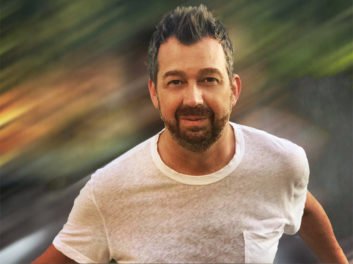
Many also experienced the stunt via social media. One Twitter photo of The Colonel generated 1.59 million views. “KFC is the only sponsor from Ultra that I’ve heard anyone talk about,” points out Freeman. “Getting people to mention fried chicken in the same sentence as one of the coolest festivals on earth isn’t easy.”
Working with sponsors that fit the audience and vibe of the festival is key, according to Gary Spivack, EVP of Danny Wimmer Presents. “We want them to be strategically engaged in every aspect of the event, from the initial announcement until the last attendee leaves — and in the social media afterward. We look for true partners as sponsors.”
Spivack warns radio stations that — with so many competing music festivals — they must treat music acts like partners also. “Radio stations have to pay an artist what they’re worth,” rather than expect to book them cheap in appreciation for adding a single to the playlist. “Artist managers are seeking promoters who can offer true investment for the long haul.”
[Marketing Your Station in 2019]
Of course, concerts aren’t the only revenue-producing events that radio stations produce. Despite heavy rain, 22,000 recently attended the 34th Annual KISS Country Chili Cookoff in Pembroke Pines, Fla. “If you have an AC, country or CHR format, the kids and family expos can be fun for everybody and highly profitable,” says Freeman. “Also, fantasy football camps give sports radio listeners an opportunity to come meet our personalities and get their advice on which players to ‘draft.’”
Whatever the event, Tear says to “do it with purpose. Devise a plan that is a win for your entire team — generating ratings, revenue and strengthening your brand.”
In 2019 and beyond, event-goers have plenty of choices for their entertainment dollar. That’s why Spivack predicts a thinning of the herd. “The days of just plopping up a couple of stages and selling stale beer and corn dogs are well behind us. Only the best events will survive.”
As a radio programmer and consultant, Dave Beasing found innovative ways to integrate brands into station content. Now he’s CEO of Sound That Brands, a podcast studio that produces content for national brands.





